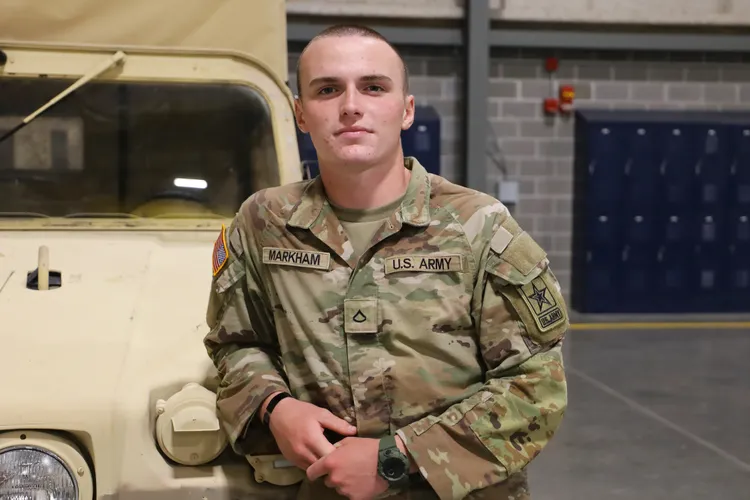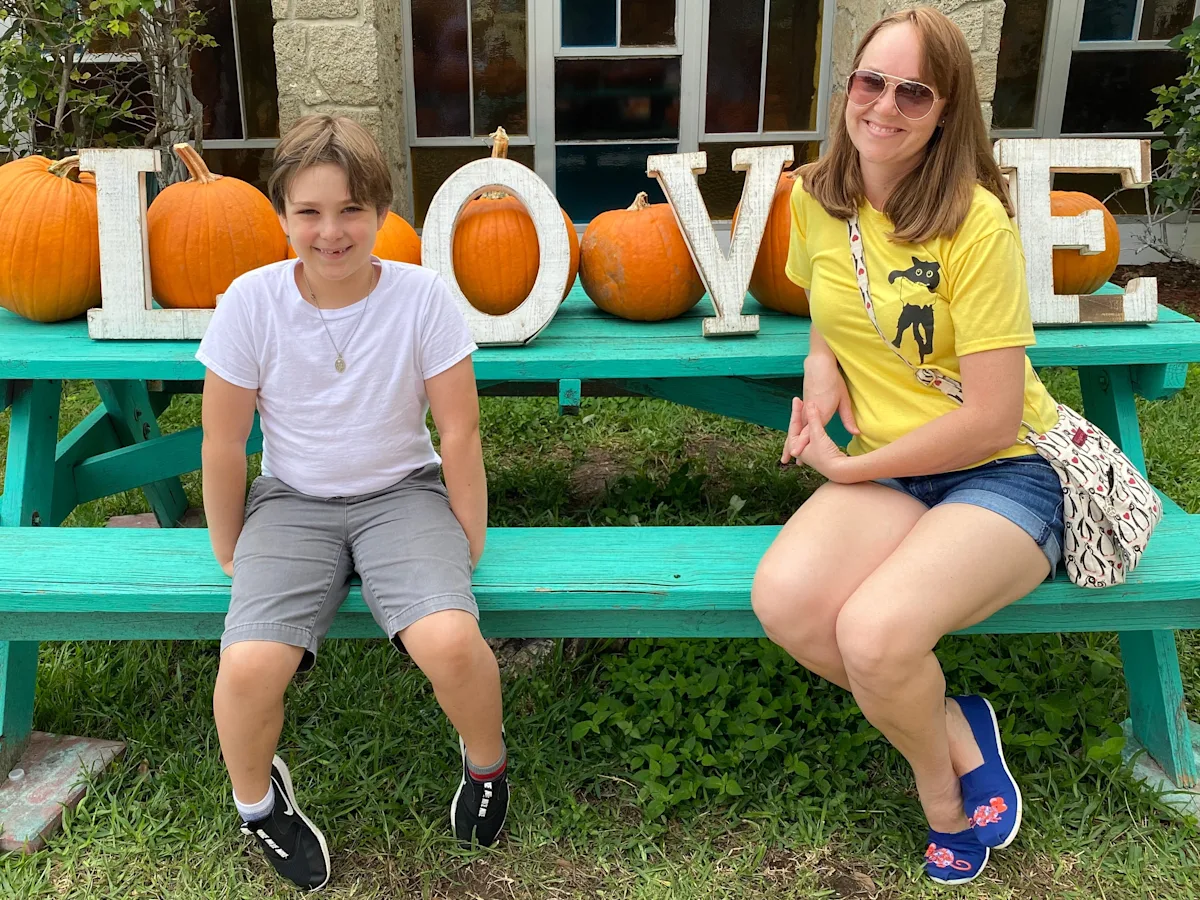A quiet weekend trip turned into a heartbreaking tragedy for an Amish family at Atwood Lake, Ohio. A mother, struggling with mental health issues, drove a golf cart into the water with her three children, believing it was a test of faith. This devastating event, coupled with the loss of her husband and young son, has left a community in shock and raised questions about mental health support.
A Family Vacation Turns Deadly

The family, part of the Old Order Amish Church, was visiting Atwood Lake for a weekend getaway. The mother, a 40-year-old woman, was seen crying and praying with her three children—a 15-year-old daughter and 18-year-old twin sons—before driving a golf cart off a dock into the lake. Witnesses thought it was an accident at first, rushing to help. The cart was fully submerged, but the mother and her three children escaped the water unharmed.
Sheriff Orvis Campbell later revealed the act was intentional, driven by what he described as a “spiritual delusion.” The mother told authorities she was trying to prove her “worthiness to God.” This shocking revelation came as first responders grew concerned about the whereabouts of her husband, Marcus Miller, 45, and their 4-year-old son, Vincen Miller.
A Heartbreaking Discovery
After the golf cart incident, authorities launched a search for Marcus and Vincen. The mother’s statements raised red flags—she claimed she had “given her son to the Lord” by throwing him into the lake. She even drew a map to show where she believed Vincen could be found. Divers recovered the boy’s body near a dock that same day. The next morning, Marcus was found deceased in the same area.
Investigators believe Marcus may have swum far into the lake as his own test of faith, possibly after feeling he had failed earlier attempts. His brother told police Marcus was not a strong swimmer, which likely contributed to his death. Autopsies are still pending to determine the exact causes of death for both father and son.
Mental Health at the Core
:max_bytes(150000):strip_icc():focal(749x0:751x2)/atwood-lake-crime-scene-1-082525-8d654e039bff4255bb7cf331463e71dc.jpg)
The mother’s actions were rooted in a mental health crisis, according to Sheriff Campbell. She spoke of conversations with God and believed she needed to pass extreme tests to prove her faith. Before the incident, she and her children were seen praying intensely by the water, alarming onlookers. She also claimed God told her to “allow herself to be swallowed by a fish,” highlighting her fragile mental state.
The family had sought professional help in the past, and extended family members had staged a mental health intervention just days before the trip. They noted the mother had expressed beliefs about the end of the world, misinterpreting Bible passages. Despite these efforts, the tragedy unfolded, leaving authorities and the community grappling with how to prevent similar incidents.
A Community Responds with Grace
The Old Order Amish Church and the family’s relatives issued a statement emphasizing that the events did not reflect their beliefs. They stressed that their faith centers on salvation through grace, not extreme acts. The church thanked law enforcement and rescue teams for their efforts and asked for privacy as they mourn. They also urged anyone struggling with mental health to seek professional help, noting the family’s history of support and care.
The mother is currently in a mental health facility, and authorities expect to charge her with aggravated murder soon. Her three surviving children are now in the care of relatives, facing an uncertain future after losing their father and brother. The Amish community, known for its forgiveness, is rallying to support the family while processing the tragedy.
Raising Awareness for Mental Health
This heartbreaking case underscores the importance of mental health awareness, even in tight-knit communities like the Amish. Sheriff Campbell noted the mother was “clearly in mental crisis,” and her actions were not a reflection of her character but a manifestation of untreated struggles. The incident has sparked conversations about how to better support those in crisis, especially in communities where mental health resources may be limited.




